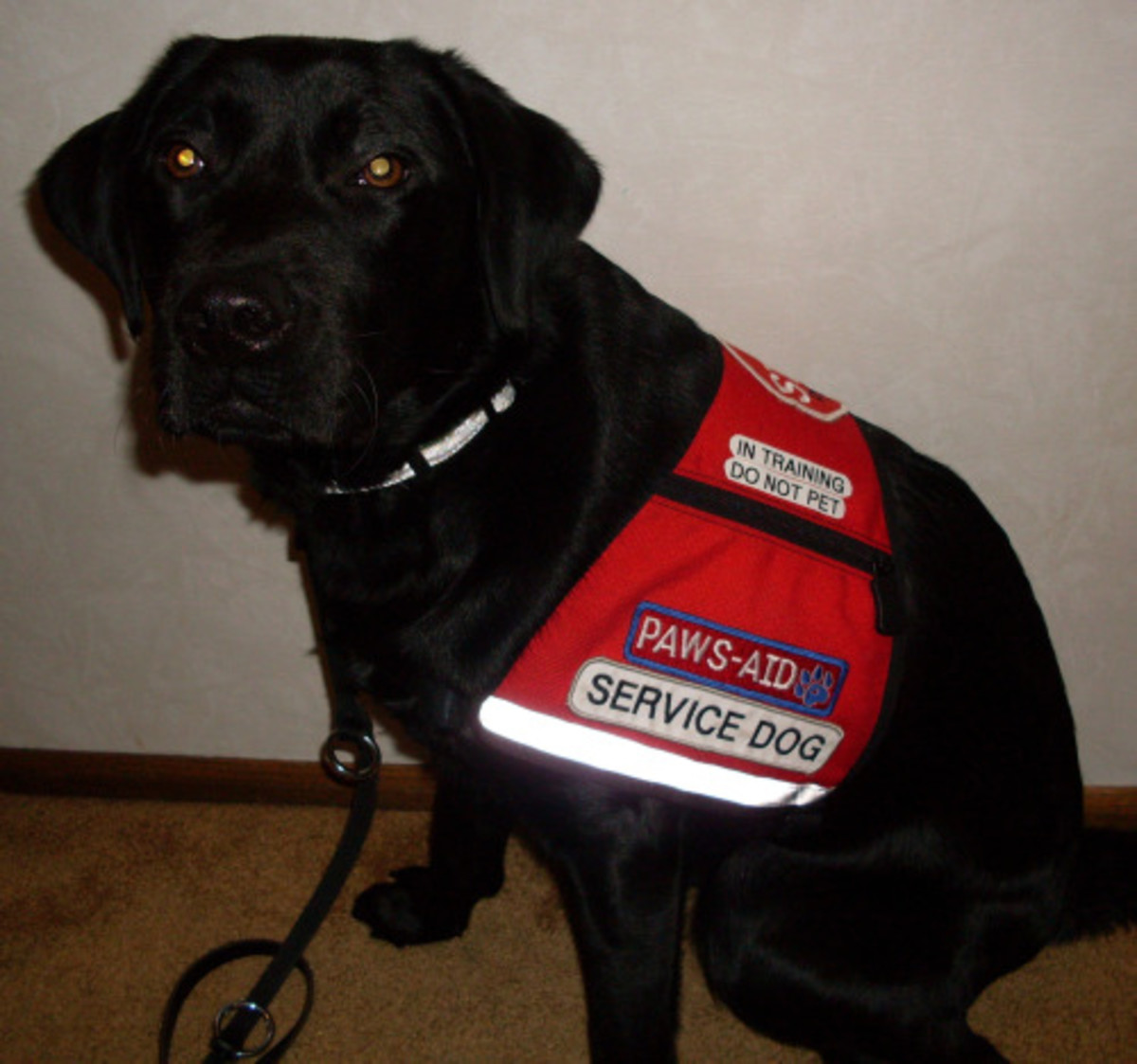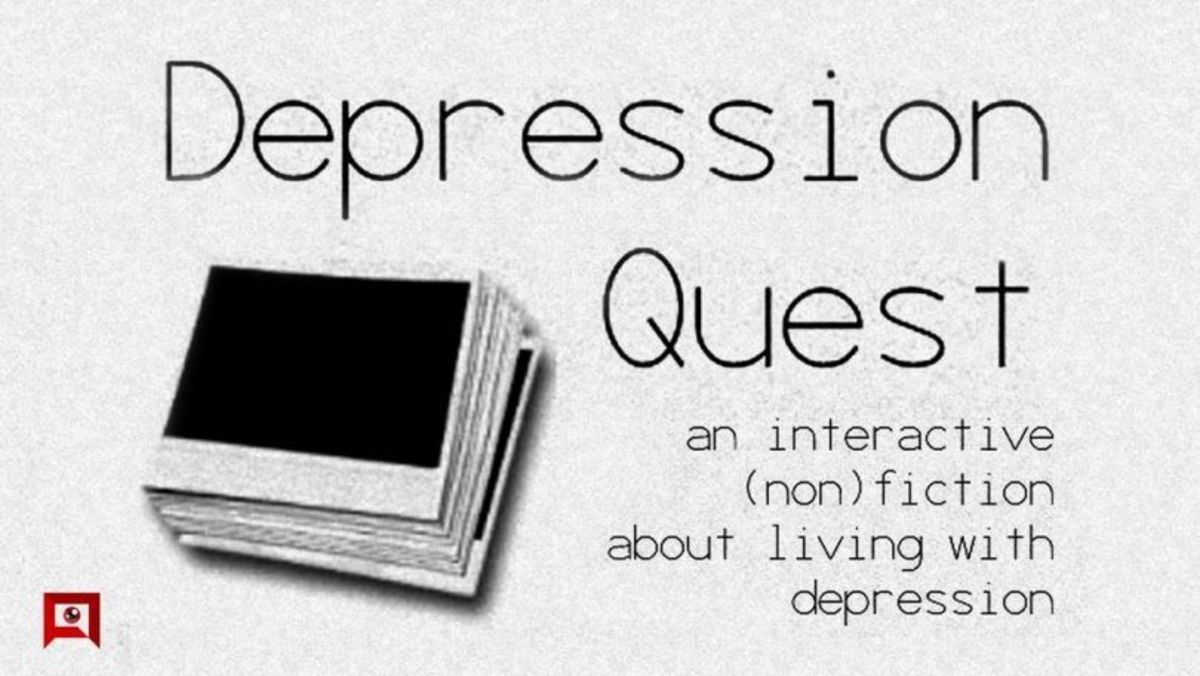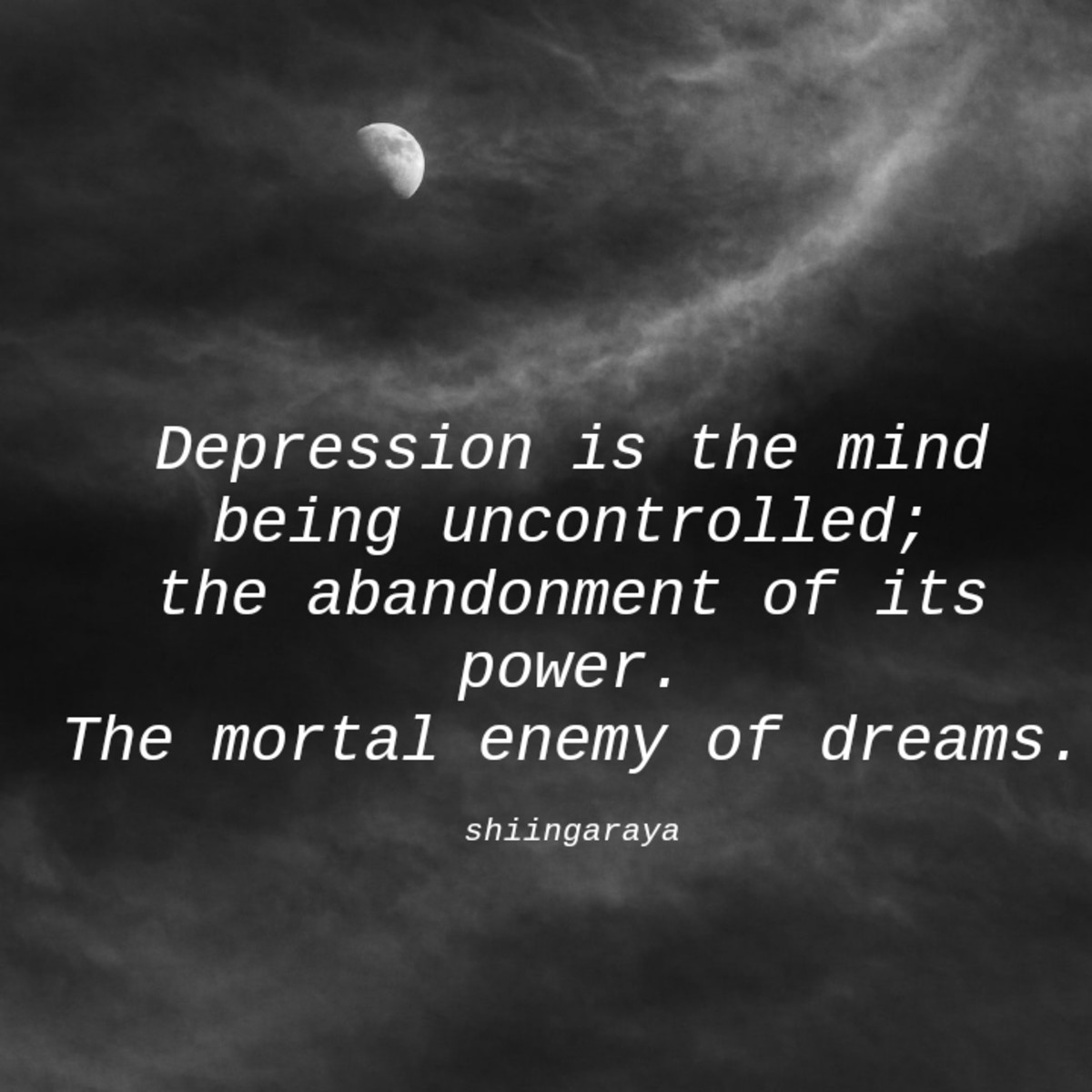How to Help Someone with Clinical Depression
How Can I Help Someone with Clinical Depression?

What Can I Do, Specifically, to Help Someone with Depression?
When someone has clinical depression, their friends and family are often at a loss as to how to help them even though they do want to help.
There are several basic ways in which others can help the person with depression:
- Make sure they're getting appropriate medical care−from a psychiatrist (specialist), not a general practitioner (GP) or family doctor.
- Lending a helping hand with little tasks or errands.
- Keeping all "promises", big or small.
- Believing what the depressed person says.
- Helping the person maintain their dignity and independence.
- Don't burden them with any non-essential or low-priority tasks or news.
Fight the Stigma Against Mental Illness, and Don't Contribute to It
Make Sure that the Depressed Person is Getting Appropriate Medical Care
If someone is exhibiting detectable symptoms of depression, or it's close cousin anxiety, they need better medical care: a different doctor, a higher dosage, an additional medicine, a different therapist/psychologist and/or a different type of therapy (cognitive behavioral therapy is the best but requires a lot of participation out of the patient, too).
Statistics prove that family doctors are insufficiently equipped to control this life-threatening disease, even though they often are willing to treat it: the person needs to see a psychiatrist (doctor), not just an M.D. or psychologist (who cannot prescribe medications).
When Depression is Bad, the Depressed Person May Not Be Able to Do Even Simple Things Alone

Help from Others is Always Appreciated and Often Necessary

Lend a Helping Hand
This is an inappropriate time to ask them to host a family gathering, take the kids for a weekend getaway, bake for the bake sale, or anything else in addition to their regular routines, it will only be stressful and increase their depression and any related conditions or symptoms they have. In contrast, you need to take the initiative and, non-judgmentally, pick up some of their chores yourself: make dinner for them, take their kids for a weekend getaway, help with chores around the house like cleaning sinks and vacuuming, grocery shopping and other errands, yard work. No matter how basic or simple the task, and no matter how much the depressed person may protest needing help, secretly you are appreciated for your kindness more than you know. Do not help the person if they severely resist your help, however: that could ruin your relationship with that person. No "interventions" are needed because the person may be horribly embarrassed to have you do some tasks for them and it could actually set them back to be a victim of an intervention: they understand that they aren't thinking correctly and doing the right things, so intervening in a negative way is telling them that they are incompetent, lazy, stupid, or some other negative self-image that in fact is simply a symptom of the depression.
Keep All Promises, Big or Small
This one is very important. People with depression may look forward all week to having dinner out with you on Friday night, or having you stop by for coffee at 2, or going walking together every morning. Whatever the "promise" is, the depressed person puts a lot of energy into looking forward to that promise.
In the worst possible case, if someone has attempted to commit suicide but really wants you to save them, they might take a bottle of pills right before you are due to arrive there, so if you are late that person may not make it. That doesn't mean that you should feel guilty in the slightest if the worst happens, however: the depression made them do it. Suicide is a deadly symptom of depression: clinical depression is the number one cause of suicide in the U.S.
Believe What they Say
Believe the person when they say things. If they say they may try to hurt themselves, even in passing, that's a clear cry for help, even if they laugh it off or deny it later--seek medical assistance immediately. Here's a site that can give you some guidance on what to do to prevent suicide: http://www.helpguide.org/mental/suicide_prevention.htm (courtesy of ptosis).
Help Depression Patients Maintain Dignity and Independence
This is a particularly important thing, helping the depressed person to maintain their dignity and independence, because the depression is telling them that they are worthless and incompetent and every other type of negative you can think of. If the person doesn't have much energy, don't tell them about all of the things they "should" be doing or remembering or chastise them for things they forgot.
Depression affects the brain directly, and the rest of the body directly or indirectly, so you need to remind them of this when things are harder than usual or when they make a mistake or miss a deadline.
Don't give them a free pass, however. Help to gradually show them that they can still have dignity and independence.
If they're really tired, either due to the depression or the medicines used to control it, they may literally be incapable of many things. But, you can try to suggest that they go for a "very short" walk with you, and entice them by saying that you'll turn around whenever the person wants to. Each walk will probably go further and further.
How Much Longer Until Today is Over?

Don't Burden the Patient with Trivia
If there's disease or famine somewhere across the globe, this is probably trivia that the depressed person actually doesn't want to know about: they've already got a perpetual stream of negative thoughts running through their heads. If they didn't put up holiday decorations or participate in optional activities or volunteer at the soup kitchen, don't chastize them for it: it was optional anyway. They have enough trouble dealing with the things directly related to them, like the morning traffic jam, the assignment that's due on Friday at work, or the mouse that found a way into their basement. Most of the people with depression that I know don't watch the news or read the paper because such things contain images and stories that don't affect them. Reading the weather report or their horoscope might be all they can handle.
Reality Check
Do you, or have you, ever had clinical depression? Do you know someone who does?
More About Clinical Depression
- Service Dogs Can Assist with Many Invisible Disabilities
Service dogs can help people with many kinds of disabilities, not just those with obvious physical problems. - Invisible Disabilities: Someone May Look Perfectly Healthy yet Have a Disability
An invisible disability (hidden disability), is any disability—something that significantly affects your normal life activities—that isn't obvious to an onlooker. Most disabilities are invisible.
Your Help Might Not be Outwardly Appreciated; The Person Might Not Get Better
As the friend or family member of someone with depression, however, you need to know that your efforts to help might not be appreciated, probably won't improve the patient's disease or symptoms (just how they feel about them), and may even be met with resistance.
Some people never do recover from depression, whereas appropriate medications (and sometimes cognitive behavioral therapy) may be the cure for others.
You, the friend or family member, can only do your best to help--like most life-threatening diseases, not every patient survives, improves, or can be cured--so do not blame yourself (or the patient!) if things don't improve.
About the Author
Information about the author, a list of her complete works on HubPages, and a means of contacting her are available over on Laura Schneider's profile page.
This content is accurate and true to the best of the author’s knowledge and does not substitute for diagnosis, prognosis, treatment, prescription, and/or dietary advice from a licensed health professional. Drugs, supplements, and natural remedies may have dangerous side effects. If pregnant or nursing, consult with a qualified provider on an individual basis. Seek immediate help if you are experiencing a medical emergency.
© 2011 Laura Schneider








